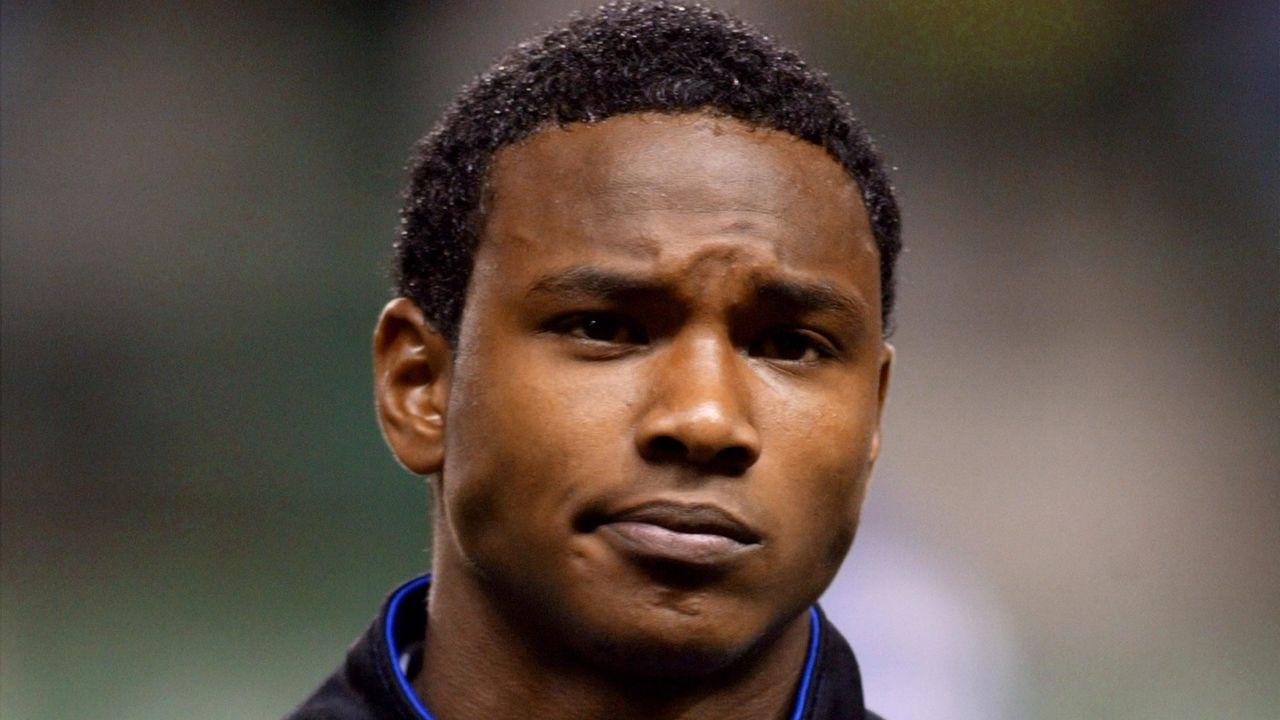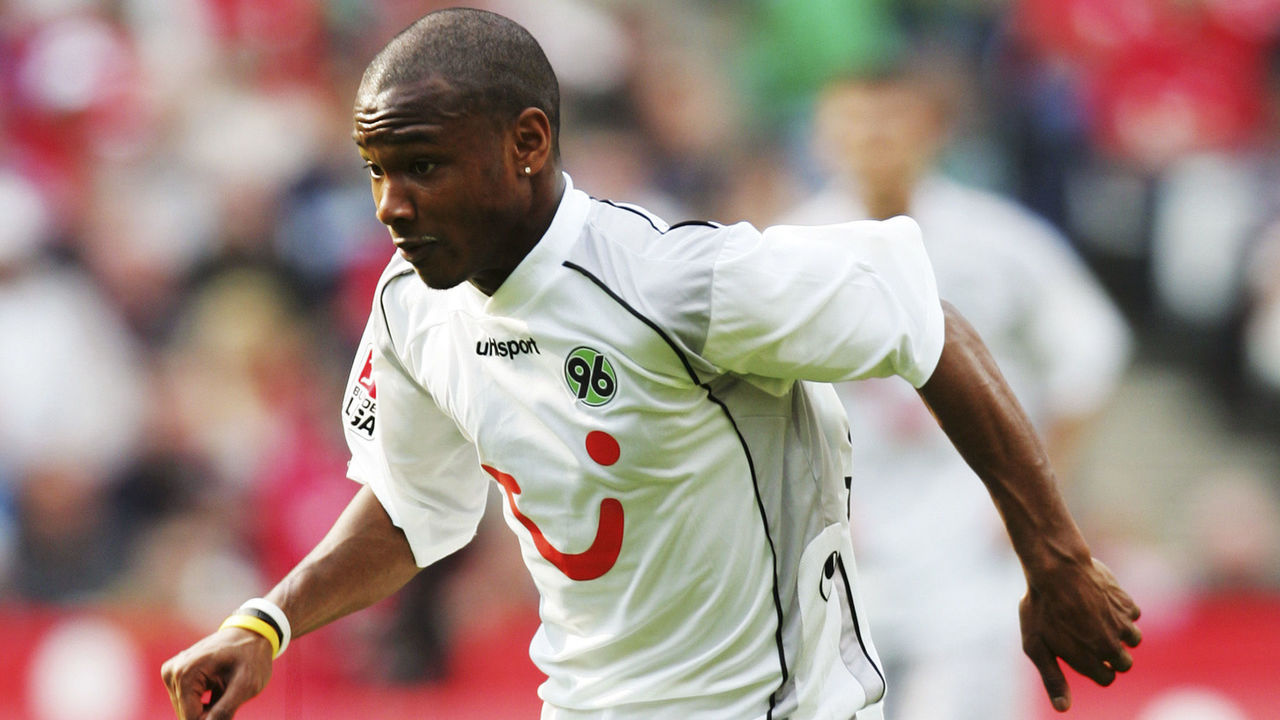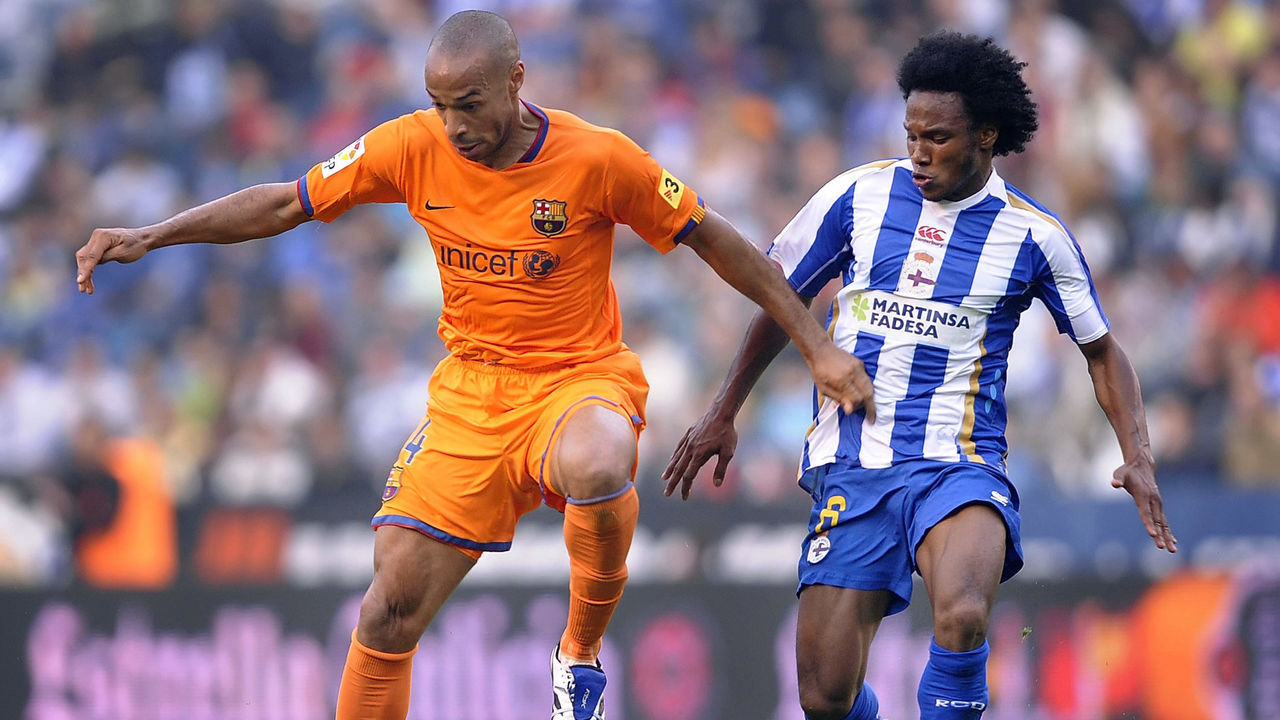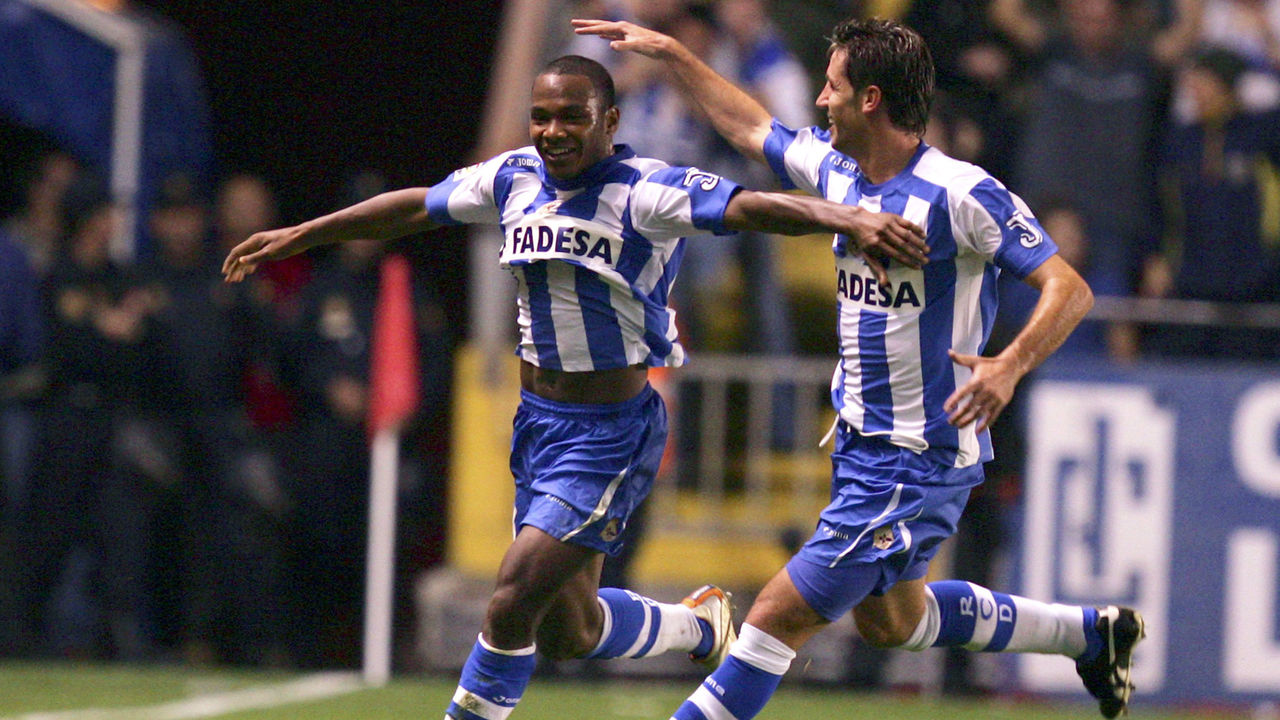De Guzman's La Liga lessons breed unique philosophy at Ottawa Fury
Julian de Guzman was dubbed a natural heir to Claude Makelele's midfield mantle at Marseille by manager Bernard Casoni, and certainly wasn't outshone by future two-time Champions League winner Seydou Keita in the club's youth setup. Academy director George Prost, however, had a blinkered view of what traits were required of a player at the Stade Velodrome, and being Canadian wasn't on the list.
"He clearly mentioned to me it's better I go back to Canada, soccer is not meant for Canadians," De Guzman told theScore of his exit meeting at Marseille.
That snub at the start of the new millennium would be proven wrong as De Guzman became a trailblazer for Canadians at one of the biggest sides in Europe. It also acts as further encouragement while he instills a studied philosophy as the Ottawa Fury's general manager, drawing from his experiences in Europe - and especially in La Liga.
'I just needed to get to Europe'
De Guzman's introduction into soccer was prompted by his mother, who was desperate to find a way for her 5-year-old to release excess energy. His father, enthused by Canada's 1986 World Cup campaign and playing in a men's league himself, obliged, and later thrust Julian's younger brother Jonathan - who is six-and-a-half years younger and currently representing Eintracht Frankfurt - into the sport when he was 3. Although both are patriotic, the brothers took an interest in matters overseas. They hoarded a huge collection of Netherlands shirts and scarves, and were inspired by the mid-1990s exploits of Ajax. Jonathan even kept Dutch dictionaries.
The eldest sibling was given the opportunity to travel to the Netherlands to trial with Feyenoord in 1996. Unfortunately, a move to Rotterdam didn't work out, but the same Canadian agent pointed him in Marseille's direction a year later. The facilities were inferior to what he saw in the Netherlands, but that didn't matter.
"It was just a case of a Canadian being there, and for me anything was plush," De Guzman said. "I just needed to get to Europe."

De Guzman wasn't going to heed the warnings of Prost and despondently meander home when he was released from Marseille. Encouraged by seeing several Toronto Lynx players move over to Europe, he was soon able to showcase his obvious talents on a tour of Germany with Paul James' Canada Under-21 squad. A director from FC Saarbrucken jumped at the opportunity to pick him up.
"The moment I felt there was interest my mind was made. I didn't care what contract they gave me, I was desperate for anything," De Guzman said.
By the end of his second season in western Germany, he was a first-team regular at Saarbrucken. The club was relegated that 2001-02 term, but De Guzman had shown enough. At just 21, he was signed to play in the Bundesliga for Hannover 96.
'I was kind of laughed at'
By now De Guzman was seeing North America's deepening imprint in the European game. Thomas Dooley, a former United States regular, had managed his ascent at Saarbrucken. Steve Cherundolo and Conor Casey were on the books at his second professional club, and Clint Mathis would also join in 2004.

There was a first De Guzman could achieve, however, and that meant declining to stay beyond three seasons with Hannover, refusing to join another Bundesliga club, and snubbing interest from Tottenham Hotspur. By the time Bayern Munich's Roy Makaay offered De Guzman a glowing reference of Deportivo La Coruna while they emerged from the tunnel for a late-season game, his decision was already made. He was going to be the first Canadian to play in Spain's top flight.
"They didn't show much of it on TV in Canada when I was growing up but I was a huge Barca fan and I was a huge Romario fan. Now here I am in the dressing room with some of La Liga's legends," De Guzman recalled of his 2005 switch. "To feel that and experience that as a Canadian, for me I was definitely starstruck and I still am when I look back at some clips and jerseys I collected throughout my four years in La Liga."
De Guzman was now lining up alongside Deportivo great Diego Tristan, Joan Capdevila, Juan Carlos Valeron, Albert Luque, and Jose Francisco Molina, but acceptance in Galicia had to be earned.
"I was kind of laughed at - good thing I didn't understand Spanish in the beginning - but earning my stripes through my hard work and success and playing with quality players, I became a much different player and a player I've always dreamt of becoming down the road."
Soon enough, Mauro Silva's legendary No. 6 shirt fit - De Guzman was wary of being handed the number, but had little choice - and, in 2007-08, he was vital in Deportivo's phenomenal rise from the relegation mire and into the UEFA Cup qualification places. De Guzman was named the club's player of the season.

"La Liga has definitely taught me a lot, being able to cover the likes of David Villa, Ronaldinho, Juan Roman Riquelme, Zinedine Zidane - every game there is always a world-class player I would have to encounter and mark," De Guzman said. "Those four years taught me a lot and definitely moulded me into the player I was known to be in my successful years."
Implementing a Spanish-infused philosophy
De Guzman was offered an additional five years at Deportivo when his contract wound down in 2009, but financial constraints at the club and an inextinguishable desire to test himself in alternative environments made him look elsewhere. Perhaps influenced by his immense performance at the Gold Cup, De Guzman plumped for his first taste of Major League Soccer, albeit in the familiar setting of Toronto.
"It wasn't the best of times, to be honest, but it allowed me to learn more about what's happening in North America - especially in Canada," De Guzman remembered of his Toronto FC spell. "That transition from Europe to North America is never the easiest if you're not aware of what to expect."
Following more playing experience in Europe, De Guzman took a break from his professional career to spend time with his family and travel to the 2014 World Cup to support his brother, finally playing for his beloved Netherlands. Despite being unattached, De Guzman was still wanted by then-Canada coach Benito Floro, and was instructed to maintain his fitness. The veteran midfielder was "shocked" when TFC refused his repeated requests to train with the club, but that led him to Ottawa Fury upon the recommendation of his doctor.
After his initial scepticism, De Guzman was sold.

"Right away I reached out to my agent and said 'let's get this deal done, I don't care for how much I sign for I just want to experience this and see what the team's all about,'" De Guzman told theScore. "I was actually overwhelmed when I came to the world-class facilities."
An affinity between De Guzman and Ottawa Fury grew, and when he retired from playing he was a natural choice to assist Paul Dalglish in his posts as head coach and general manager. He succeeded Dalglish in August 2017, but four months later decided his philosophy would be better executed with him in the GM seat, and Nikola Popovic controlling senior team matters.
With Popovic's wealth of European knowledge and De Guzman's particular fondness of La Liga's professionalism, there is a hope that their considered, broad outlook can eventually help refresh Canada's overall philosophy for the better. And if Ottawa players have an opportunity to test themselves overseas, De Guzman won't stand in their way.
"Having that experience abroad is priceless and it's something I push for Canadians," De Guzman said.
De Guzman's approach as general manager cannot be described as insular. Contrary to what was said in the guts of Marseille's youth setup, soccer is very much for Canadians.
(Photos courtesy: Getty Images)
HEADLINES
- Alonso dreams of white Christmas in Real Madrid's final match of 2025
- Palace slip into playoffs as Strasbourg finish top of Conference League
- Messi vs. Yamal: Argentina, Spain to contest Finalissima in March
- Barcelona face potential El Clasico in Women's Champions League
- Mbappe's brace helps Real Madrid to narrow cup win over 3rd-tier Talavera